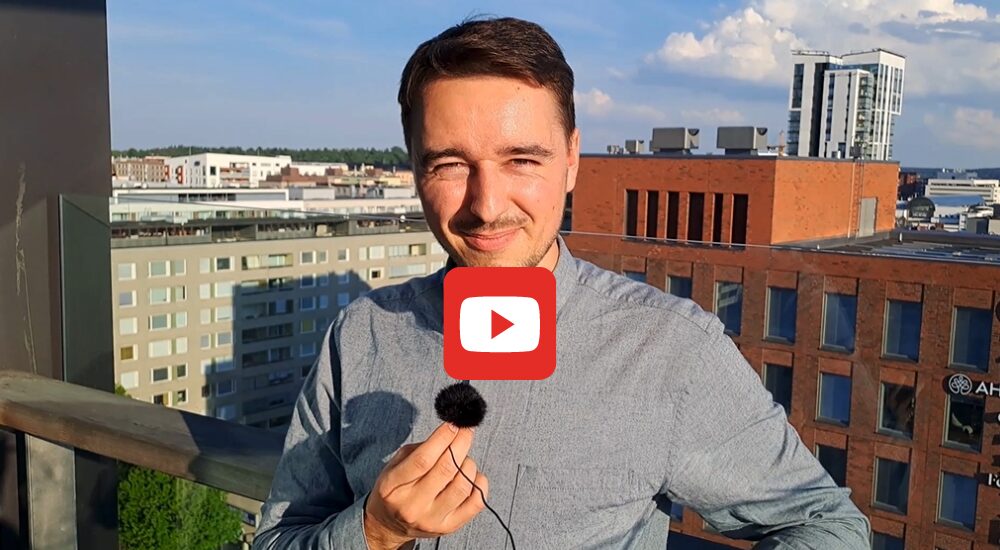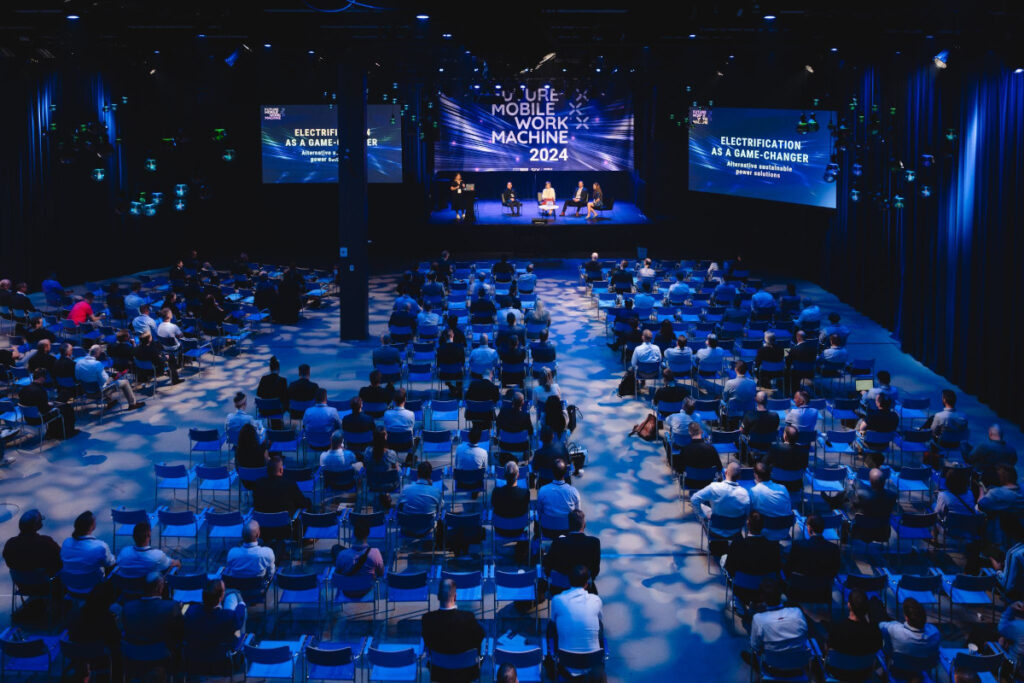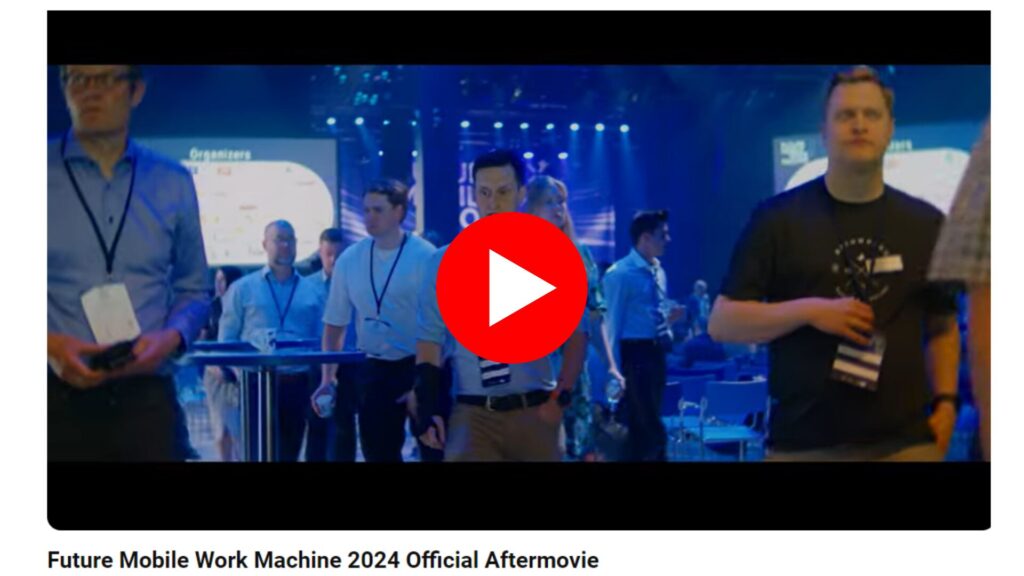
Large mobile work machines are high-tech products that account for a large proportion of Finland’s export revenues. Companies in the sector have also become aware that an industry that does not have its own industry classification needs advocacy and the use of all national expertise for the development of the industry.
In May, the SIX Mobile Work Machines business cluster organised a major event, Future Mobile Work Machine 2024, related to the electrification and sustainability development of the industry. The international seminar held at Tampere Hall attracted 350 participants from 11 different countries. The sold-out event was held for the third time and was larger than before. The second event organiser was FIMA – Forum for Intelligent Machines Ry.
There were many exhibitors, such as Sandvik Mining and Rock Solutions, Valmet Automotive, Kalmar, Ponsse and Nokia. The seminar programme brought together not only businesses but also public administration and research.
At the event, Heini Wallander from Business Tampere led a panel discussion on artificial intelligence, robotics and electrification.
“The event has developed into a real meeting place for the industry’s top performers, which raises awareness of the industry, promotes discussion and brings together new operators to offer their solutions to the industry in transformation. I was particularly pleased about the increase in the number of international guests, which we want to increase even further.”
During the panel discussion led by Wallander, the participants had a good opportunity to delve into the different views of the operators on future solutions.
“What works for one person does not necessarily work for another. Compared to the automotive industry, the world of work machinery is considerably heterogeneous in its needs,” Wallander says.

Closer cooperation between companies and research
According to Wallander, the industry is very important for the Tampere region, which is known for its mechanical engineering, and also nationally. After all, the biggest transformation in the industry is in process due to electrification and digitalisation.
Different industries need mobile work machines. In recent years, companies in the sector have also become interested in closer cooperation with the sector’s researchers and the opportunities for public funding to develop the sector.
Wallander runs the InnoCities’ project for the dual transition of mobile work machines) (SIX-PoE). These are an important resource for coordinating cooperation and building networks between industry and research, for example.
“We organised our own discussion event for the international network of researchers in mobile work machines before the Tampere Hall event. There are many pioneering companies in Finland, and researchers are attracted by the sharing of expertise and joint EU projects,” Wallander says.
As part of building networks between the industry and research, the SIX network developed competence profiles in the sector last year with the assistance of the industry, researchers and a consultant.
“In profiling, we considered what to prepare for in the industry and what role companies play in developing competence,” says Professor Matti Vilkko from the University of Tampere.
31 new doctoral positions
The SIX business cluster has drawn up a roadmap for the development of the industry. Four new universities with their own areas of expertise have now been included in the planning. All five universities working with the cluster have appointed their own Academic Fellows.
The Academic Fellows group is responsible for gathering competence in its own university into a roadmap. The group consists of leading professors from LUT University, Aalto University, the University of Tampere and the Universities of Oulu and Turku.
“This is an exceptional way of doing things when you do long-term work instead of individual projects. In this way, impact can be boosted in a completely different way,” Wallander says praisingly.
Cooperation is facilitated by the fact that there are many operators in the industry who are not direct competitors with each other.
“This is a good example of how the network functions”
The 31 doctoral training positions applied for and received by five universities under the leadership of the University of Tampere are of great significance to the industry. They are part of the thousand starting positions of the doctoral school pilot project funded by the Ministry of Education and Culture, and started in 2024.
“This is an example of how a good network functions. I made four phone calls, after which we had a consortium in place,” says Matti Vilkko.
The lead project for mobile work machines will continue until 2024 October. International networking work will continue in the autumn.
“We visited Brussels and Aachen in Germany in June and participated in the Industrial Vehicle Expo in Cologne. I am pleased that we have made progress in a practical way without forgetting the long-term goal,” says Heini Wallander.

Previous article: Off-road work machines kept at the forefront of development by combining excellence in various fields
SIX-Poe is one of the lead themes of InnoCities. Thematic cooperation brings together the resources of different cities and promotes the sharing of good practices as well as international cooperation and investments. The aim is to expedite the reform of business and the implementation of sustainable solutions in cities. InnoCities support innovation and engage in the practical application of research and experiment.
